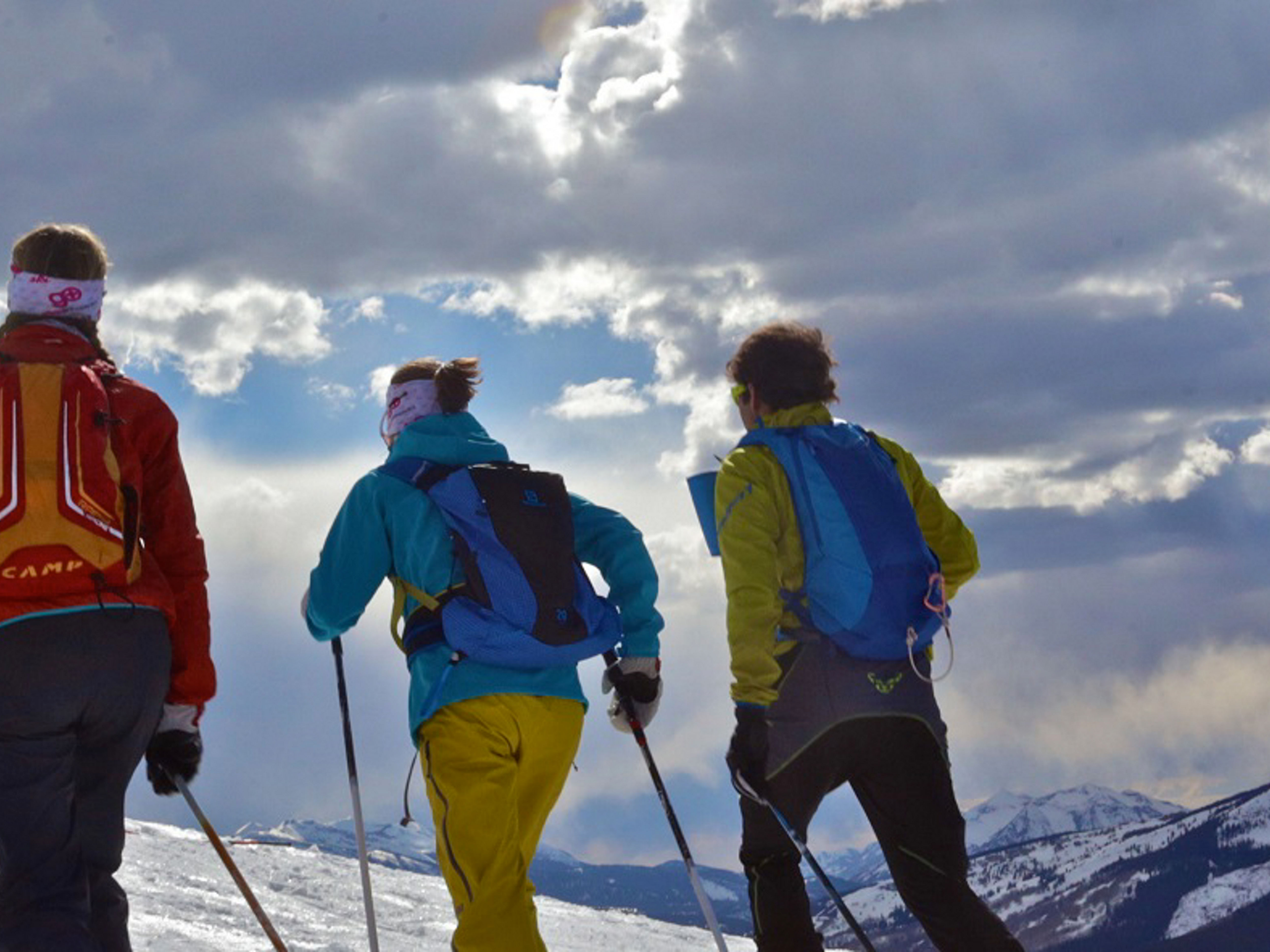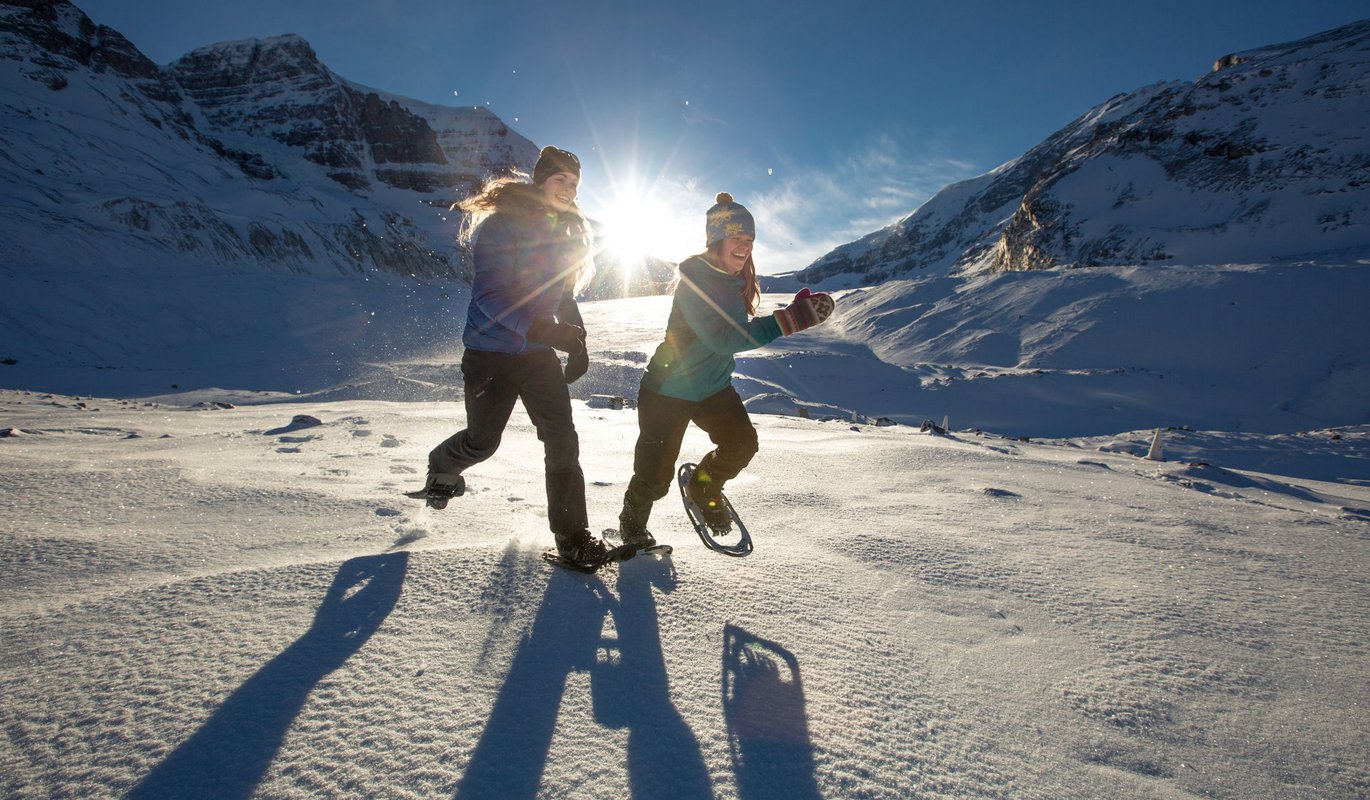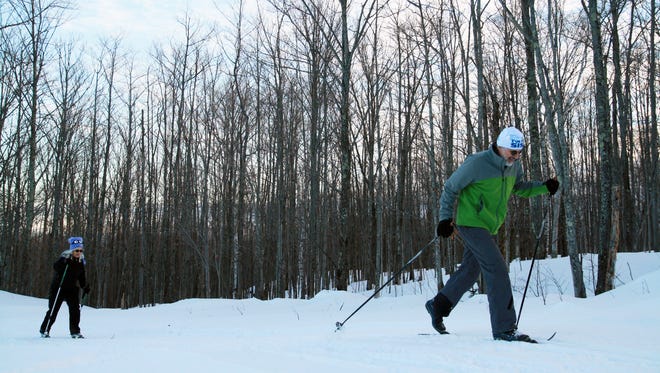
Alpine skiing is one of few sports that has been represented at every Winter Olympics. It is a sport that requires technical skill and fearlessness, making it one of the most costly events to compete in.
Despite all the challenges, skiing still remains a popular sport. Alpine skiing is a difficult discipline and requires patience. Freestyle skiing, on the other hand, is more about acrobatics while in mid-air.
It is a sport that has many athletes. But, the Winter Olympic Games are the most famous. Six olympic alpine ski events are offered: downhill, giant slalom and super-G. There is also a mixed team parallel slalom.
Downhill
This event is the most difficult and longest of all alpine skiing events. It has a vertical drop between 800-1100m and 450-800m for men and women. The skiers can only take one course down, so they must make sure that they reach the bottom as quickly as possible.
Slalom
The shortest and most technical of all the alpine skiing events, slalom has gates that are spaced closely together. This allows for precise turns and a fast race.

Each gate must be passed by competitors within the time limit or they will be disqualified. The slalom is an elimination competition that involves two runners.
Giant slalom
Similar to slalom but with a longer distance, giant (or "super-") slalom requires that skiers pass through each gate in the given time. Since 1936, this event has been part of every Winter Olympics.
Super-G
Super-G, another speed event is a hybrid between downhill skiing and slalom. There are many gates that mimic slalom turns, but athletes cannot miss any.
Combinable
The first alpine skiing event to be added to the Olympics, combined consists of a downhill and a slalom run. The total time for both runs is what determines who the winner.
FIS was founded by the FIS in 1924. They govern the sport worldwide. It also serves as the umbrella organization for cross-country skiing, ski jumping and snowboarding.
The World Championships are contested by its 136 member nations.

The Olympics saw an increase in alpine skiing events. However, it still remains an Alpine-dominated sport. Austria leads in total medals won and gold medals won.
There are 138 national associations that compete at the World Championships in alpine ski. Many of them have strong programs. France, Canada.
The United States is a strong participant in the Olympics. American Mikaela Shifrin won her first Olympic gold medal in 2014. She is currently ranked second worldwide and has won four alpine ski World Cup races. She'll likely be joined in Beijing by Slovakian Petra Vlhova, who has been competing with Shiffrin for years and is considered to be the best slalom skier in the world.
FAQ
Where can you buy the cheapest airline tickets
If you are looking for the lowest airfares, you may want to consider airlines like Jetstar and Virgin Australia, AirAsia or Tigerair, Malaysia Airlines. Singapore Airlines. Thai Airways International. Korean Air. Philippine Airlines. China Southern Airlines.
Some airlines offer discounts on flights if you search online.
How can I make travel more enjoyable?
Traveling should not just be about getting from point A to B. It should encompass all the experiences that are encountered along the journey.
So, we created the app "Traveler", that helps you plan your trip using itineraries that are based on what interests you.
We are currently adding features like booking hotel rooms, flights, or renting cars.
This project was created to provide a simple tool to help people plan their travels and make the most of what they have while on vacation.
Here are some things you should never forget about when traveling.
Traveling can be stressful. You'll often find yourself in situations where you have little time to make decisions. So be prepared to improvise.
You might be stuck somewhere for hours, days, weeks, or even months. If you plan ahead, you will have food, water and shelter. But if you haven't, you may have to improvise.
In these instances, you may need to rely only on what you are good at. It means you have to be able to quickly make decisions based upon your experience and instinct.
But sometimes, you won't have any choice. Sometimes, however, you will have to make do with what you have. These situations will require you to quickly adapt to the situation.
Keep calm, be focused, and take action. Don't panic. Instead, stay focused on what you have control of.
You can choose which direction you want to go if you're lost among the woods. If you feel hungry, you have the option to eat berries or mushroom. If you're thirsty, you can drink rainwater or melt snow.
You can also rest if you are tired. You can layer up if you are cold. If you get wet, you can put on clothes. You'll feel happier if you remain positive, no matter what your decision.
Statistics
- Between the ages of 11 and 13, kids, or tweens, will likely want some autonomy but also need boundaries. (travelandleisure.com)
- Case in point: the private island of Ilha Caldeira, less than seven miles off the coast as part of the Primeiras and Segundas Archipelago, is located within the marine-protected area with 20 percent of the country's intact living coral. (travelandleisure.com)
- That's an 18% jump from 2019, the previous record year. (travelandleisure.com)
- According to Maori legends, this park holds 14 fjords that were all carved by a giant stonemason with an adze. (busytourist.com)
- You can use compression sacs or cubes to reduce the volume of your clothes by up to 80%—this is especially convenient for bulky items such as sweaters and jackets. (eaglecreek.com)
External Links
How To
How to plan your next vacation
Booking flights, hotels, car rental, and activities are just a few of the many aspects involved in planning a trip. It involves important considerations like your budget, destination choice, weather forecast, etc.
These are the things you should keep in mind as you plan your next vacation.
We've created a step by step guide to help you plan your next holiday. This guide has been prepared based on our experience and customer feedback. We hope that you will find the following guide useful in planning your next vacation.
Steps:
-
Plan your Budget - This is the most important step to take when planning for a trip. Before you begin planning for your trip, you need to know how much money it is you are willing and able to spend. You might have to cancel your plans if you don't have enough money.
-
Book Your Flights - After determining your budget, the first thing you should do is book your tickets. You should ensure that you get the best deal possible at the lowest price. In addition, make sure you check whether there are any special offers for certain seasons. These deals can save you lots of money.
-
Choose Your Destination - Once you've booked your ticket, the next thing you'll need to decide is where you'd like to travel. When choosing your destination, many factors are important. These include location (where you are going), climate (what time of year), culture (how friendly the people) and cost (how much it is).
-
Finding Accommodations - Once you have chosen your destination, it is time to find accommodations. Various accommodation options are available, ranging from cheap hostels to luxury suites. Your needs and preferences will determine the type of accommodation that you choose. If you are looking for somewhere close to the center of the city, a hotel might not be the best option. On the other hand, if you prefer quiet places away from crowds, a homestay may suit your requirements better.
-
Select Activities and Attractions. Now, after you've selected your accommodation it is time to pick the activities or attractions that you would like to add to your itinerary. Depending upon the length of your stay you have two options: choose just a few activities, or add many more to your itinerary.
-
Plan Your Trip - Once you have decided on the attractions and activities you want to include, you can now plan your itinerary. Sticking to a plan will help you maximize the value of your trip. But, it's possible to enjoy your trip more if your schedule is flexible.
-
You can create an itinerary by creating itineraries. Write down all details about your trip, including flights, accommodation, activities, and restaurants.
-
Research Online – Make sure you research everything before you leave on your trip. You can read reviews and testimonials about other destinations to get their opinions. This will allow you to plan your trip accordingly.
-
Avoid Overpacking - Too many clothes can make packing a nightmare. Don't bring five clothes. Bring three. Wear clothing that is appropriate for the climate you are visiting.
-
Make sure you are prepared - Make sure you have everything prepared before you go. You don't want your trip to be ruined by searching for vital documents while you're in transit.